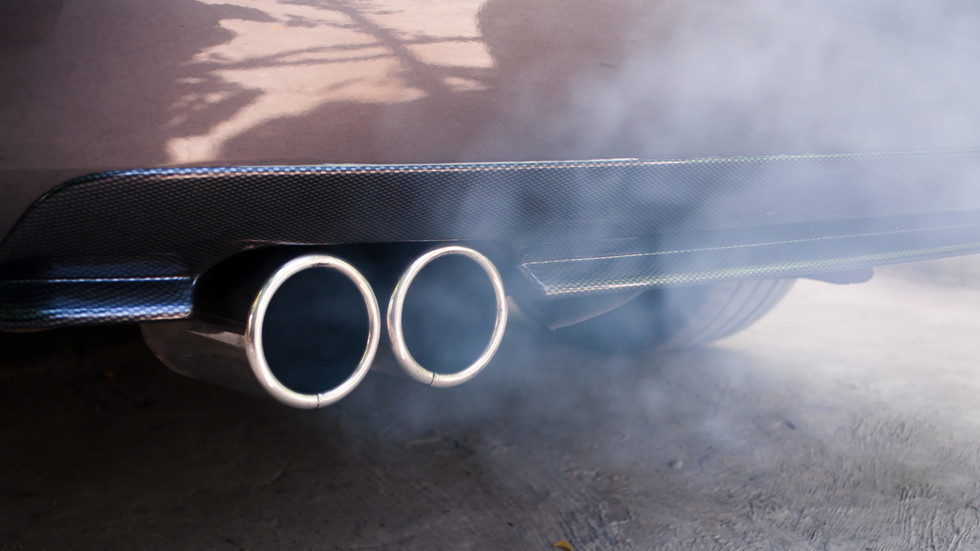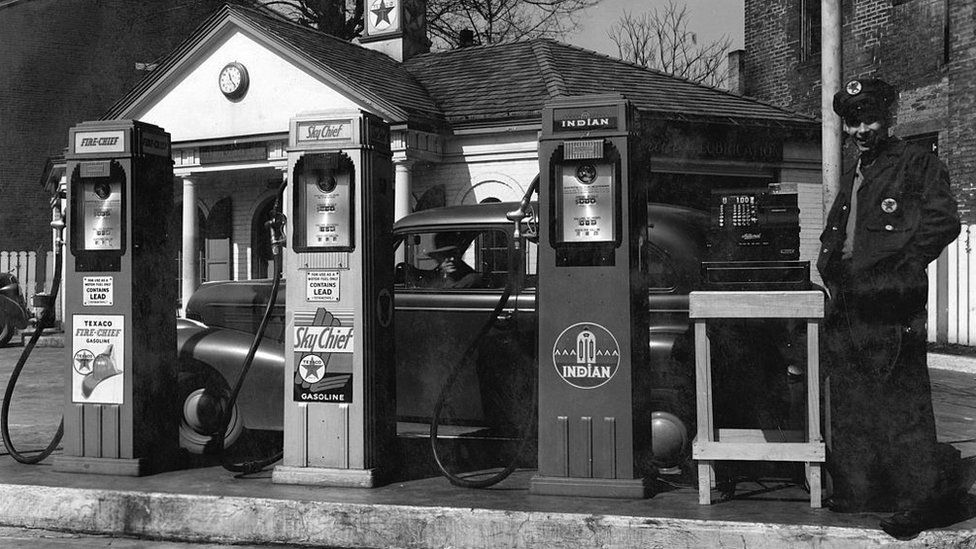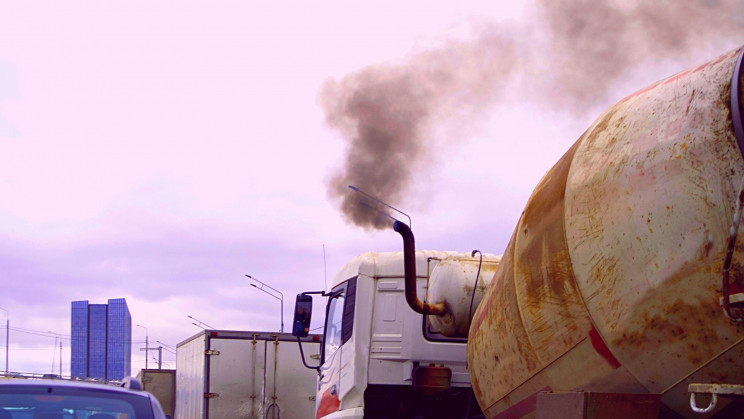Finally, leaded petrol has officially been erased for use in vehicles around the world, protecting 1.2 million people from premature death, in addition to saving $2.4 trillion every year, according to a Monday statement from the U.N. Environment Programme (UNEP).
However, this achievement may be nothing but a short respite from the global crisis without significant cuts in industrial and international fossil fuel emissions.
Algeria had become the final country to utilize the harmful gasoline but, according to UNEP, it came to an end last month after its store had been completed. All this happened a century later when doctors warned that non-leaded fuel would have hazardous repercussions.

Most developed nations managed to ban it by the 80s, but it’s been a gradual process encouraging the rest of the world to follow suit. On Monday, UN secretary-general Antonio Guterres declared the eradication of the fuel an “international success story”.
“The successful enforcement of the ban on leaded petrol is a huge milestone for global health and our environment,” said the Nairobi-based UNEP’s Executive Director Inger Andersen in another press release. Two decades ago, more than 100 countries still used leaded fuel while there was a scientific understanding of the gas relation with soil and air pollution, poor health and premature death.
Health concerns were first raised in 1924 when dozens of workers were placed into hospital care, five of which were declared dead after experiencing convulsions at a Standard Oil refinery in the U.S. This was the same refinery dubbed the “looney gas building” by employees. Despite this clear and present danger, nearly all gasoline sold globally contained lead until the 1970s. By the time UNEP launched its campaign to end leaded gas use in 2002, several major economic nations had already cut the use of the fuel to negligible levels, including India, China, and the United States. But low-income regions struggled to catch up, continuing to endanger local populations and environments in the 21st century.

In 1924, dozens of workers were put in a hospital, and for the first time, health safety became a real issue. Five out of those were found dead in a Standard Oil Refinery in the U.S., also known as the “looney gas building.”
Although this concern was obvious, all petrol sold included lead until the 1970s. During UNEP’s campaign to end the use of leaded gasoline, various countries already reduced fuel consumption, including India, China and the U.S. But, low-income areas have strived to recover and remain to jeopardise local people and the environment in the 21st century.
Only in 2016 did Myanmar, Afghanistan and North Korea stop using leaded oil, with only a few countries with fossil fuels consumption. Algeria, shortly after Yemen and Iraq stopped contaminating petrol, has been the last to follow. In addition, UNEP declares that the removal of leaded petrol will “prevent more than 1.2 million premature deaths per year, increase IQ points among children, save $2.44 trillion for the global economy, and decrease crime rates.”

UNEP’s 2010 study carried out by scientific researchers at California State University in Northridge assessed its dollar amount of savings. The main factors in the study included cheaper medical expenditures, a reduction in crime, the advantages of a better global economy. Whether or not gasoline was associated with higher rates of crime. Fuel eradication is a success story for each country. However, the agency also warned that for a better future or to prevent future climate change catastrophes, fossil fuel use must still be greatly decreased.
According to the Phys.org press release, Greenpeace welcomed it and called it “the celebration of the end of an era of toxicity.”
“It clearly shows that if we can phase out one of the most dangerous polluting fuels in the 20th century, we can absolutely phase out all fossil fuels,” said Greenpeace Africa’s Climate and Energy Campaigner Thandile Chinyavanhu. “Africa’s governments must give no more excuses for the fossil fuel industry.”


